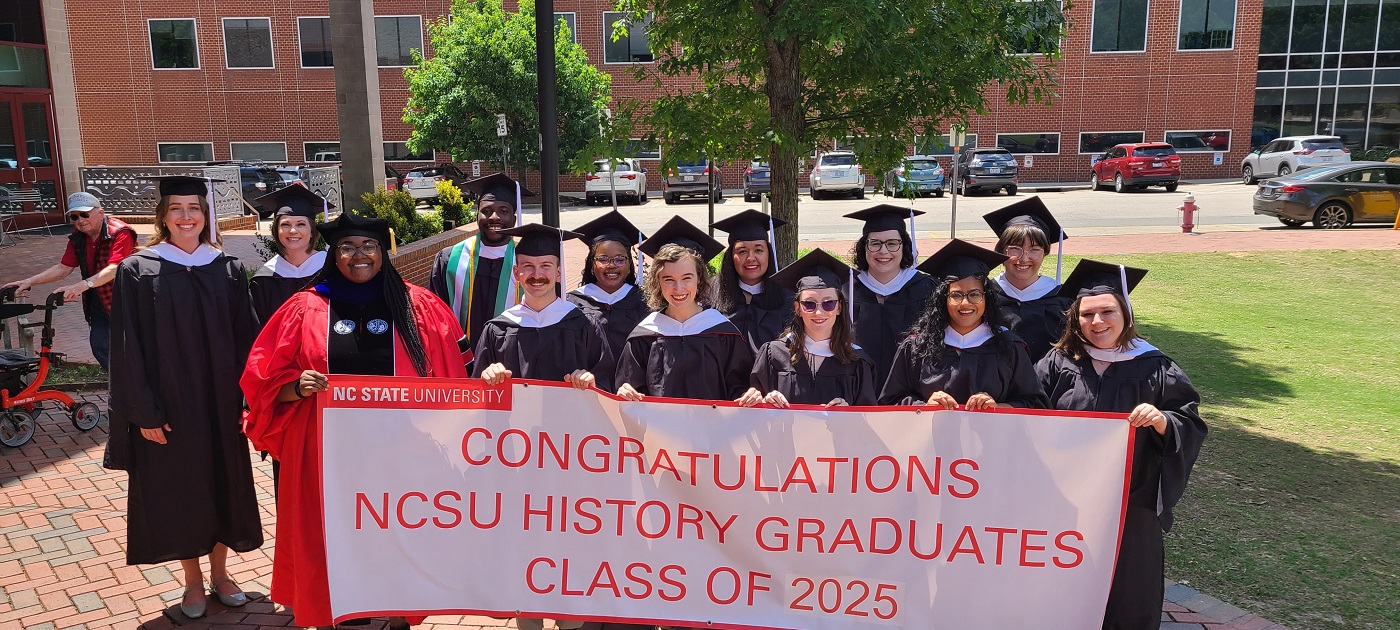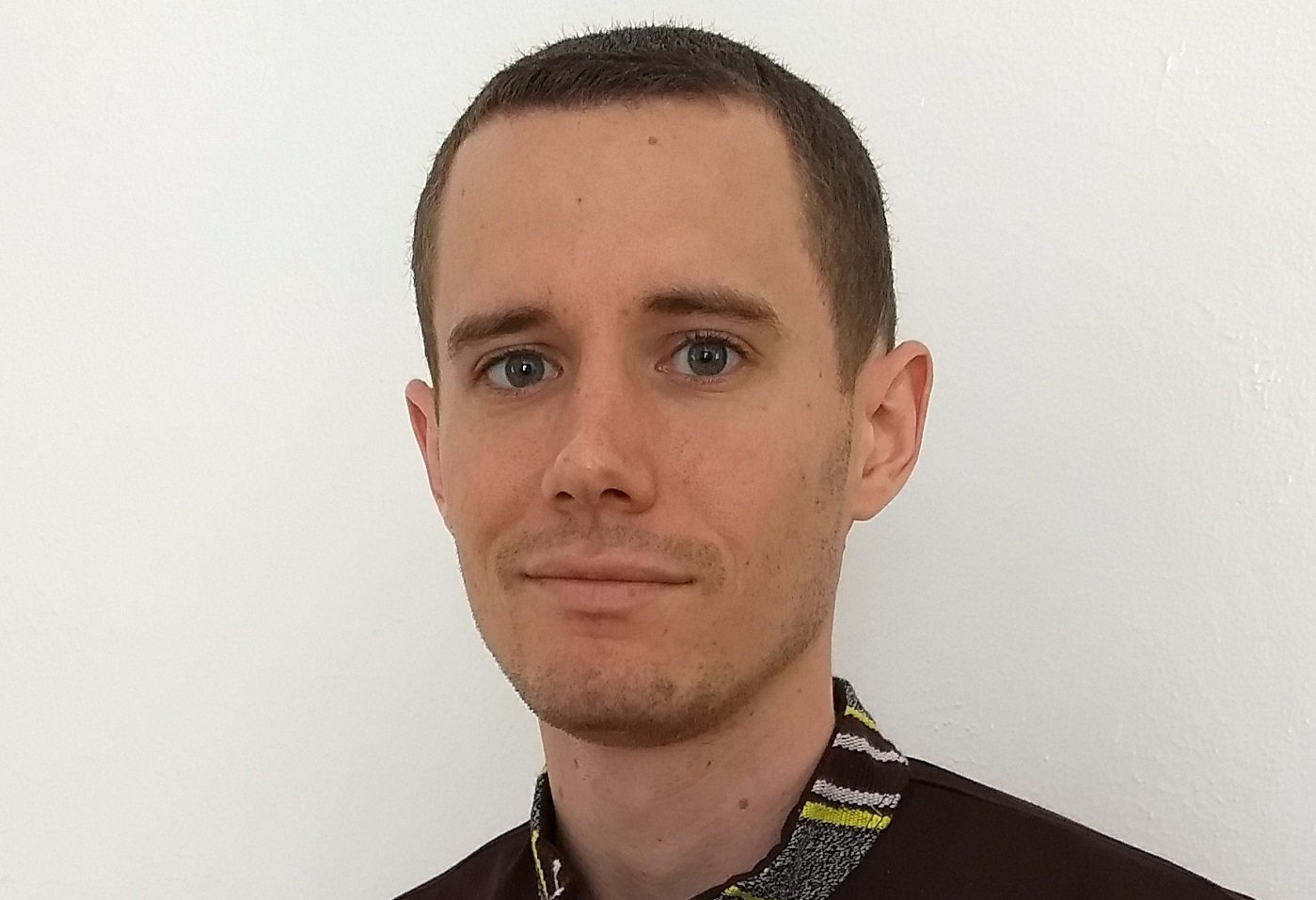Public History Students Spend Spring Break Working to Preserve a Culture That Could Soon Be Lost to Climate Change
They were brought to St Helena Island from West Africa as enslaved people to work the land and when they were finally freed, the Gullah Geechee bought the island. Descendants of these former enslaved people continue to live on the island as their ancestors did – speaking the same Creole language and preserving their culture and traditions. But now their way of life is being threatened by strengthening hurricanes, sea level rise, and erosion caused by climate change. They risk losing their culture as the land disappears.
Public History MA student Andre Taylor’s interest in the Gullah Geechee began when he started thinking about how climate change was affecting the Sea Islands of South Carolina and Georgia, and their inhabitants. What he discovered, in the case of the Gullah Geechee, was that they have adapted to the changing climate and continue to practice the same agricultural and fishing traditions of their ancestors. He began visiting the island and collecting research on these traditions and adaptations. As he immersed himself in their culture, the work became his passion.
But Andre knew the clock was running out on the Gullah Geechee. As hurricanes strengthen and pummel the Sea Islands, families will ultimately have to leave the island. Scientific projections say that 45 to 50 years from now St. Helena’s Island could be underwater. Andre wanted to help them preserve their culture but he too would need help. This would be a long-term project and he was set to graduate this year. He met with the Head of the History Department, Dr. David Zonderman, and a plan was put into place. In the next three years during Spring Break, Public History students will travel to the island to carry on with Andre’s work.
On March 8, 2020, Andre, Dr. David Zonderman and eight Public History students embarked on the first Spring Break trip to St. Helena Island. Because Andre had already made the necessary connections with many of the Gullah Geechee, when the group arrived, they hit the ground running.

Each student was tasked with collecting oral histories. Matthew Champagne, Ian Harrison, and Taylor Wolford went oystering with Ed Atkins and saw the special practices and techniques that the Gullah have used throughout history to look for oysters and replenish oyster beds.

PH MA student, Ashley Parker, interviewed Queen Quet (Marquetta Goodwine)– the chieftess of the Gullah Geechee nation who is well known globally for her work on climate change and sea-level rise. Queen Quet is committed to spreading the word about the Gullah Geechee culture and educating people on the impacts that climate change and sea level rise can have on culture.
Queen Quet proved to be an invaluable resource for these public historians. Besides the interview with Ashley, she gave all the students a tour of the island taking them to praise houses and meeting places, different family plots of land and provided a history on how the land was incorporated into townships. She also took them to the Penn Center – formerly know as Penn School – one of the first schools for freed blacks which opened in 1862. After its closure in the 1960s, it was transformed into a museum and learning historical district.


Besides collecting oral histories, the team was also charged with digitizing documents, capturing video and collecting still pictures and documents, as well as sketching buildings and attaching them to points on a map of St. Helena Island. The virtual reality team at NC State will work on developing this map into a virtual reality tour of the island so that one will be able to simply click on various points on the map to hear the Gullah’s oral histories and see their world.
Says Andre, “St. Helena Island is going to be underwater and those voices won’t be around forever. This will serve as a working resource going forward for people to utilize to understand who the Gullah people are and what role St. Helena played in their world.”
It has yet to be decided where the project will be housed, but once it’s completed it will be on Gullah history websites that the community operates because as Andre says, “This is their culture –we’re just practitioners coming in to help preserve it.”
- Categories:


